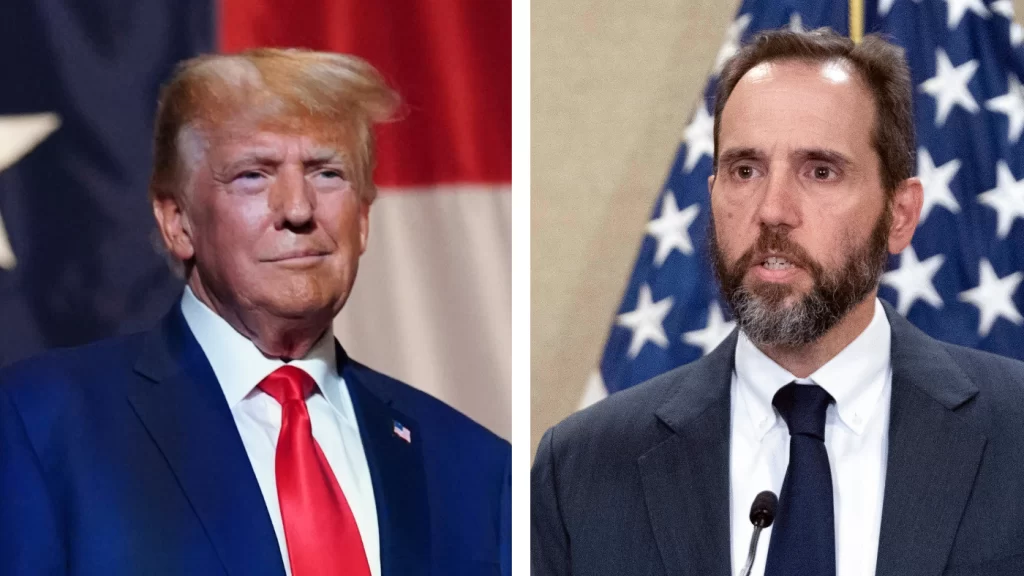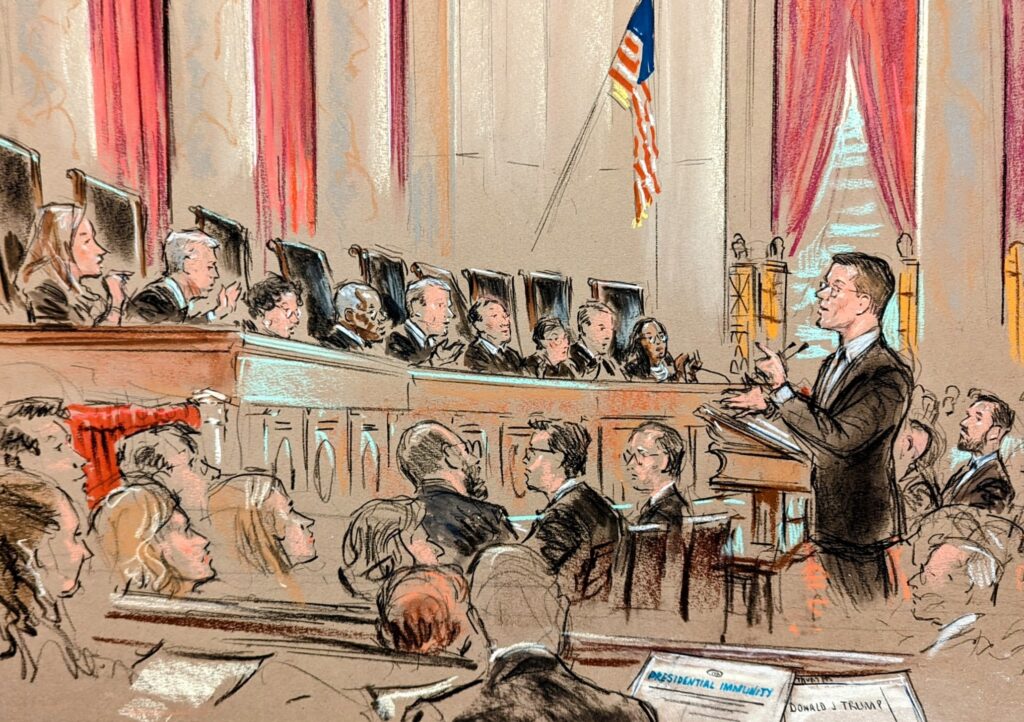The United States Supreme Court has delivered a nuanced ruling on former President Donald Trump‘s immunity claims in the January 6 case, rejecting his argument that he couldn’t be prosecuted criminally because he wasn’t impeached and convicted by Congress. This decision, while clarifying some aspects of presidential immunity, also introduces new complexities that could significantly impact the timeline and strategy of Special Counsel Jack Smith’s prosecution.

Chief Justice John Roberts, writing for the majority, dismissed Trump’s interpretation of the Constitution’s impeachment clause, stating that it would mean a president who evades impeachment “would never be held accountable for his criminal acts.” Roberts emphasized that impeachment is a political process for removing a president from office, not a prerequisite for criminal prosecution.
However, the Court’s ruling introduces a crucial distinction between official and unofficial presidential acts. While unofficial actions do not receive immunity, the Court left it to lower courts to determine what constitutes an official act versus a private one. This decision could potentially delay trial proceedings as lower courts grapple with these distinctions.
Significantly, the Court ruled that official acts cannot be considered as evidence in a potential trial, potentially complicating Smith’s efforts to demonstrate Trump’s motives. Chief Justice Roberts explicitly stated that lower courts may not investigate a former president’s motives for official acts.

CNN Supreme Court analyst Steve Vladeck highlighted the implications of this aspect of the ruling: “Even more striking than the majority’s recognition of both categorical immunity from ‘core’ acts and ‘presumptive’ immunity from other official acts is the Court’s insistence that immunized conduct can’t even be used as evidence in a trial for conduct for which a former president is not otherwise immune.”
The decision has sparked diverse reactions. Ohio Rep. Jim Jordan, a Trump ally, criticized Jack Smith as “hyper-partisan” and claimed the decision showed he could not “weaponize the rule of law.” Meanwhile, legal analyst Elie Honig suggested that Trump likely won’t face court before the November election on these charges but noted potential implications for other legal matters, including the Georgia election subversion case.

This ruling sets new precedents for how presidential actions can be scrutinized in criminal proceedings, potentially affecting not just Trump’s case but future cases involving former presidents. As lower courts begin to interpret and apply these new guidelines, the legal and political landscapes continue to evolve, with significant implications for the 2024 presidential election and beyond.
The decision underscores the complex interplay between presidential power, accountability, and the rule of law, leaving many questions to be resolved in the coming months as the case progresses through the lower courts.



